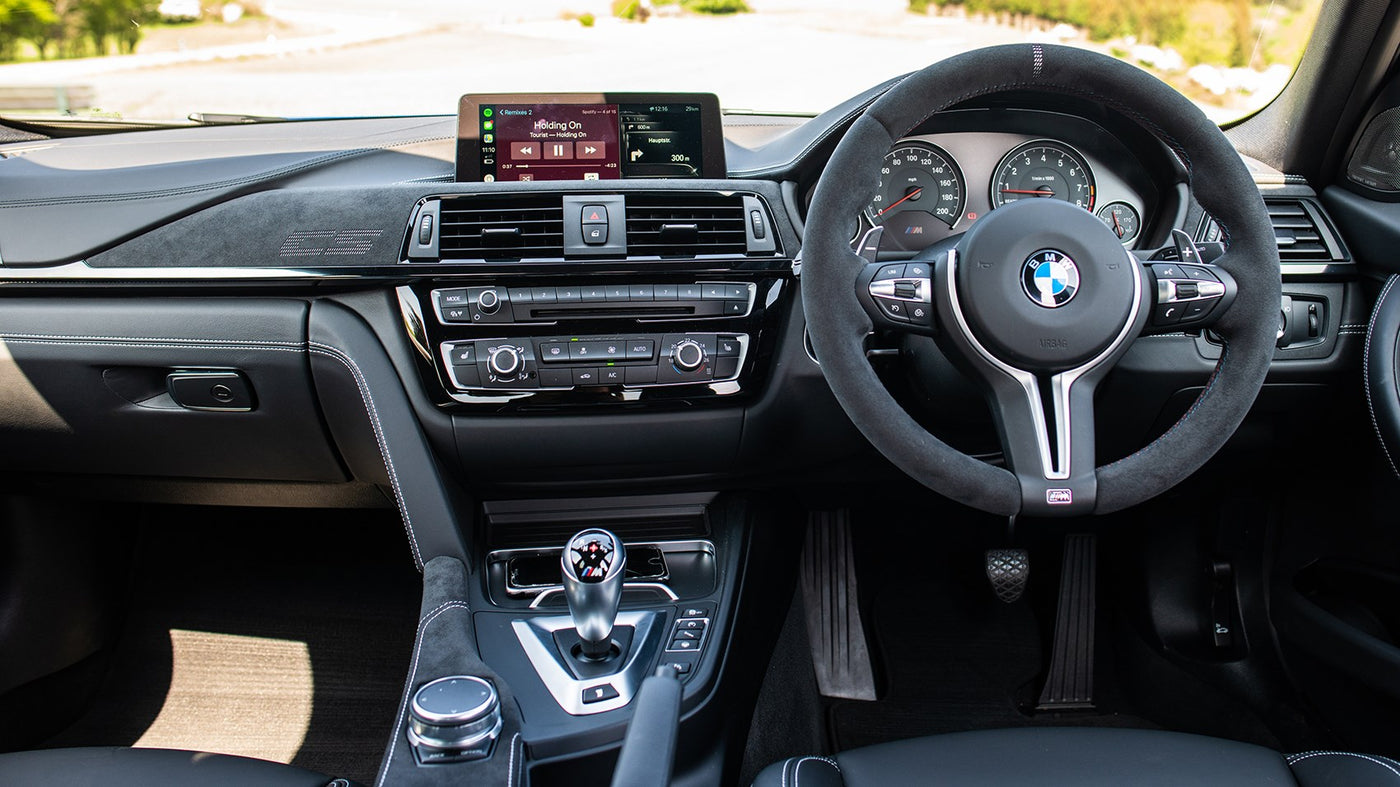The BMW 3 Series has long been celebrated as a premier choice in the compact executive car segment, renowned for its exceptional blend of luxury, performance, and refinement. However, the current landscape of international trade — particularly tensions between the U.S. and China — is reshaping its future. As tariffs rise, BMW is compelled to rethink its market strategies to maintain its competitive edge.
U.S. Market: Rising Costs for Dealers and Consumers
In the United States, the BMW 3 Series remains a hot seller, with 84,774 units sold in 2023. However, the model is not insulated from the impacts of shifting trade policies. BMW strategically produces several 3 Series variants in San Luis Potosí, Mexico, aiming to optimise its supply chain for the North American market.
Unfortunately, this decision has backfired due to escalating tariffs on vehicles imported from Mexico, a situation exacerbated by policies enacted during the Trump administration.
Key U.S. Impacts
The increased tariffs on Mexican-built models present BMW with a challenging decision: absorb the additional costs or pass them onto consumers. This has resulted in rising retail prices for certain trims, especially those not manufactured in BMW's South Carolina plant.
For instance:
-
The base 330i now starts at approximately $44,500
-
The performance-oriented M340i starts from $57,600
-
Tariff-related inflation means a well-equipped 3 Series can easily exceed $65,000
This significantly limits affordability for many buyers. Moreover, dealers are experiencing tighter profit margins, and consumers face unpredictable pricing.
The situation highlights the broader economic implications of trade policies, which ripple through supply chains and directly affect the end customer.
China Market: A 27.5% Tariff Equals a Price Surge
The scenario is even more severe in China, the world’s largest vehicle market. In response to U.S. tariffs on Chinese goods, China imposed a staggering 27.5% tariff on cars imported from both the U.S. and Mexico. This includes the BMW 3 Series models manufactured in Mexico.
Competitive Disadvantage
This significant tariff hike leads to:
-
A price increase of over $10,000 USD (approximately £8,000) per vehicle
-
A serious loss of competitiveness against European or domestically-built rivals
-
Many Chinese buyers shifting to tariff-free alternatives or delaying purchases
The repercussions are stark: BMW’s Q3 2024 sales in China plummeted by 30%, down to 148,000 units, reflecting both macroeconomic uncertainty and the direct influence of trade barriers on consumer behaviour.
BMW’s Response: Absorbing Costs
In a bold move to protect its position in China, BMW is temporarily absorbing the additional tariff-related costs instead of passing them on to buyers. This strategy:
-
Could cost BMW up to $1 billion in lost profit for 2024
-
Is a short-term approach, with the company planning to reassess pricing after 1 May
While the decision underscores BMW’s commitment to market share and customer retention, it’s not a viable long-term solution in a volatile trade environment.
The Numbers Behind the BMW 3 Series
Despite the challenges posed by tariffs, the BMW 3 Series continues to perform well in terms of both popularity and performance:
-
Global Sales (2021): 490,969 units (combined 3 Series and 4 Series)
-
U.S. Sales (2023): 84,774 units
Powertrains
-
330i: 2.0L turbocharged engine, 255 hp
-
M340i: 3.0L turbo inline-six, 382 hp
-
330e (plug-in hybrid): 288 hp combined
Performance
-
0–60 mph: 5.6 seconds (330i), 4.1 seconds (M340i)
Starting Prices (U.S.)
-
$44,500 (330i)
-
$57,600 (M340i)
-
$76,000+ (M3)
These figures highlight the ongoing appeal of the 3 Series even amidst market turbulence.
Conclusion: Global Prestige, Local Pressure
The BMW 3 Series remains a vital player in the premium saloon segment, but the current trade climate is forcing automakers to adapt. In the U.S., escalating tariffs are inflating costs and impacting retail pricing and profitability. In China, the 27.5% import duty creates a significant pricing disadvantage, forcing BMW to temporarily absorb losses.

The broader takeaway is clear: global automakers can no longer rely solely on international efficiencies. As protectionist policies and trade tensions reshape the automotive landscape, companies like BMW must prioritise resilience, regional flexibility, and robust contingency planning to remain competitive.



